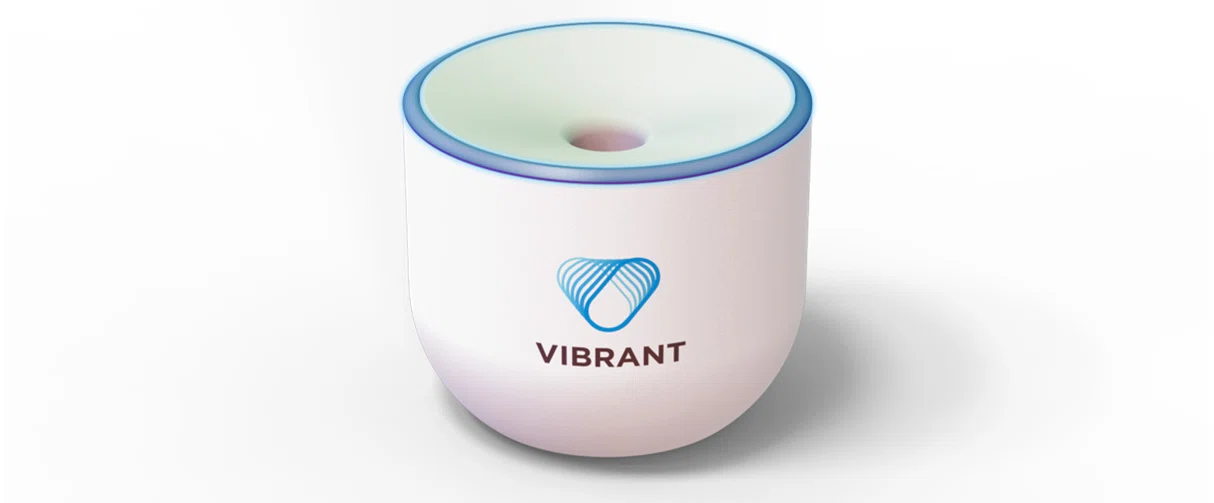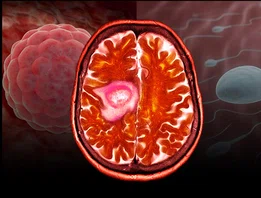


Clinical Research
A New FDA-Approved Treatment for Sufferers of Chronic Constipation
A capsule designed to vibrate in the GI tract to stimulate the bowels accelerates movement in the field of chronic constipation.
A capsule designed to vibrate in the GI tract to stimulate the bowels accelerates movement in the field of chronic constipation.

Image credit Vibrant Gastro
There is a critical need for a new approach to chronic constipation therapeutics. Nearly half of patients who suffer from chronic constipation report dissatisfaction with the currently available drugs and therapies. Effective pharmaceutical remedies do exist for the condition, but their side effects can include cramping and diarrhea. Additionally, a large percent of patients with chronic idiopathic constipation are elderly and may have medication contraindications.
An inventive new treatment for chronic constipation, vibrating capsules that stimulate the bowels non-pharmacologically, performed well in a late-stage trial (ClinicalTrials.gov Identifier: NCT03879239) according to one of the trial investigators Eamonn Martin Quigley, MD, director of the Underwood Center for Digestive Disorders and Underwood Chair of Medicine in Digestive Health at Houston Methodist.

Eamonn Martin Quigley, MD

After nearly a decade of development, studies and trial and error, we are excited to see such conclusive evidence that the treatment is safe, well tolerated and effective at improving the bowel and abdominal symptoms that give patients with chronic constipation so much trouble."

Eamonn Martin Quigley, MD
Director of the Underwood Center for Digestive Health and Underwood Chair of Medicine in Digestive Health at Houston Methodist.
The new treatment involves ingesting a capsule with a tiny microchip programmed to begin vibrating after eight hours, roughly when it is expected to hit the colon. It is manufactured by an Israeli company, Vibrant, based on the same technology that is used in capsule endoscopies.
This is the first treatment of its kind to vibrate within the gastrointestinal tract. Devices that provide external mechanical stimulation via the abdomen showed promise in clinical trials but have had limited impact since becoming available in Europe.
In the trial, presented at the Annual Scientific Meeting of the American College of Gastroenterology last week, patients who took the vibrating capsules had an immediate and significant increase in their number of complete, spontaneous bowel movements compared to a group who got a placebo. Those in the treatment group also had significant improvements in secondary outcome measures, including straining, stool consistency and quality of life.
"After nearly a decade of development, studies and trial and error, we are excited to see such conclusive evidence that the treatment is safe, well tolerated and effective at improving the bowel and abdominal symptoms that give patients with chronic constipation so much trouble," said Quigley.
Quigley noted that the results were not only statistically significant but also clinically significantly. Most of the trial participants were averaging only one or two bowel movements per week and "doubling that number has a tremendous impact."
The phase III trial enrolled 349 patients, 200 of whom got the vibrating capsules and 149 of whom got a placebo. In those who got the vibrating capsules, the trial found "a rapid onset of significant increase" in complete, spontaneous bowel movements within one week and a peak by the third week. The trend persisted thereafter.
"Most people have experienced severe constipation at some point in their lives," Quigley said.
"The associated abdominal bloating and discomfort and the distress caused by attempts to pass a hard stool can severely impact an individual's quality of life. There is a significant need for alternative treatments that really work. With this research and a lot of stick-to-it-iveness, we are excited to have one on the horizon."
Vibrant recently received marketing authorization from the FDA for the treatment of adult patients with chronic idiopathic constipation who have not experienced relief of their bowel symptoms by using laxative therapies at the recommended dosage for at least one month.
William D Chey, Eamonn M. Quigley, Satish Rao, Bryan Curtin, Christine Frissora, Brennan Spiegel, Darren Brenner, Anthony Lembo
Eden McCleskey
November 2022
Related Articles








